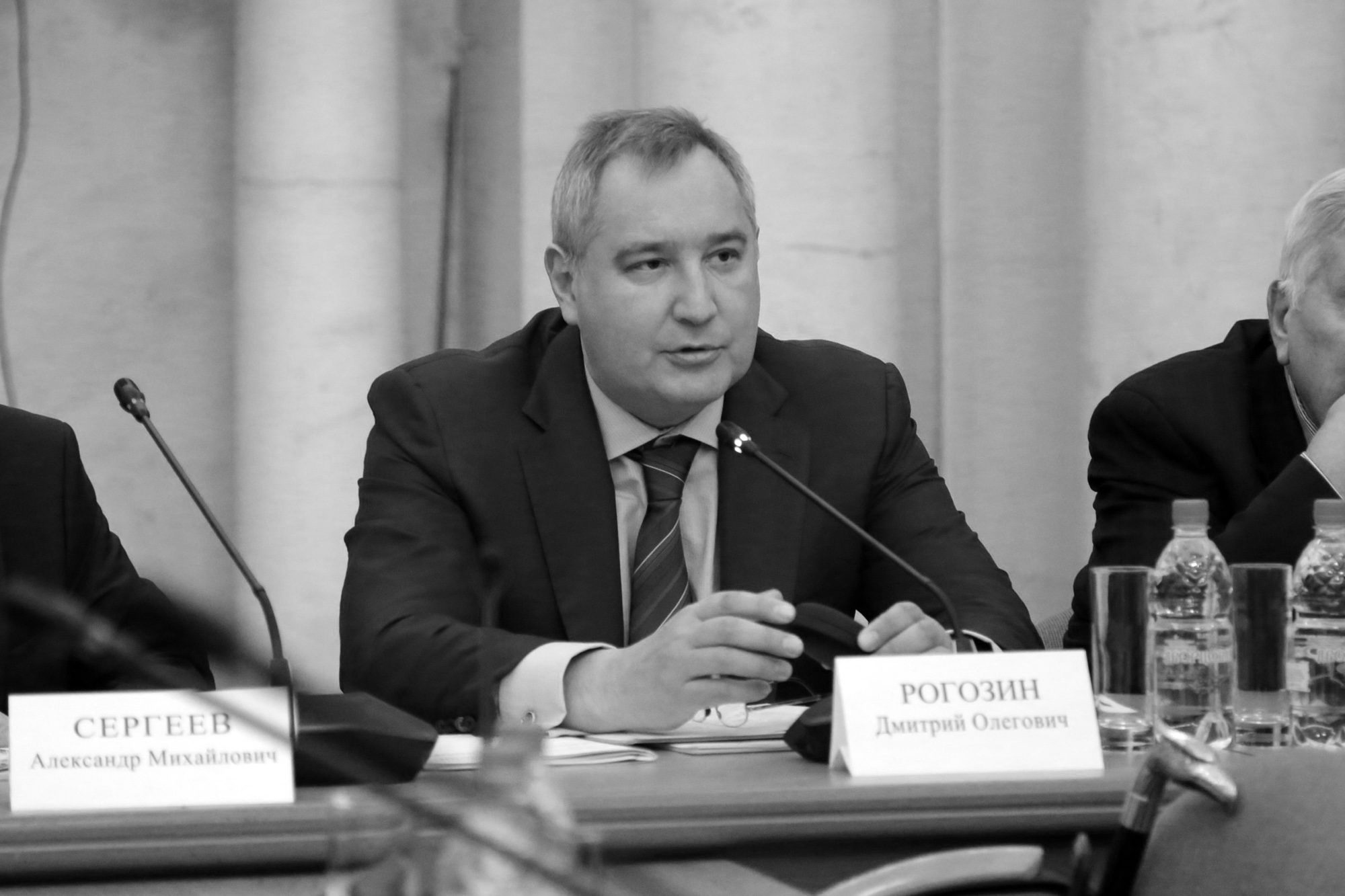A new Space Race Age may be on as Russia vows to once again lead space exploration and announced a series of lunar missions beginning in 2021.
Dmitry Rogozin, head of the Roscosmos State Corporation for Space Activities, called “Russia’s leadership in space” the country’s “top priority today”.
He added: “We will enshrine this in a new strategy which we will adopt later this year.”
Rogozin said that “space is beyond politics” and demonstrates “a country’s technological power and an opportunity to show what it is capable of”.

Rogozin also said that NASA is asking Roscosmos “to develop the Soyuz spacecraft that could fly to the Moon and back to create a backup space transport system”.
He added that NASA wants Russia to continue sending US astronauts on board Soyuz spacecrafts to the International Space Station.
Rogozin also stated that Russia is going to send a series of spacecrafts to the Moon, adding: “We are going to send the first spacecraft to the Moon in 2021.
“The subsequent ‘Luna-25′,’Luna-26’ and ‘Luna-27’ spacecrafts will be launched between 2023 and 2025. Among other things, we are going to test launching and landing from the Moon’s surface.”
In November 2018, Russia unveiled plans to build a colony on the Moon within the next two decades.
Rogozin said that the organisation was struggling with financial burdens but there was a clear five-year plan that would lead to a new age of space technology.
Anatoly Petrukovich from the Russian Academy of Sciences who said: “The project is about a colony on the surface of the Moon. The idea of a lunar station orbiting the Moon is less interesting, because a lunar colony would make it obsolete.”
He was referring to a previous programme drafted by Roscosmos in 2014 that put forward the idea of a three-stage lunar project that attracted hundreds of applications from aspiring astronauts.
The three stages involved the creation of the module orbiting the Moon, followed by the landing of workers involved in the construction of the base, and finally the establishment of a lunar colony that among other things will maintain a telescope on the dark side of the Moon.
To find out more about the author, editor or agency that supplied this story – please click below.
Story By: Sergey Panashchuk, Sub-Editor:Michael Leidig, Agency: Central European News




